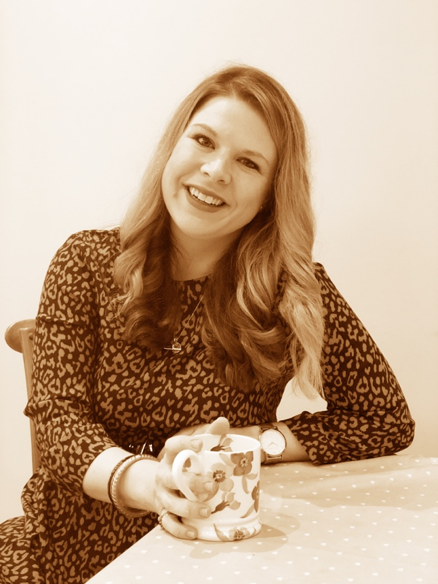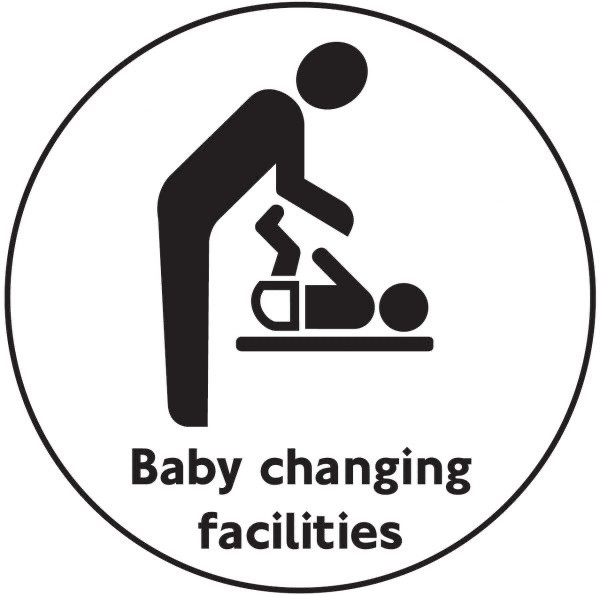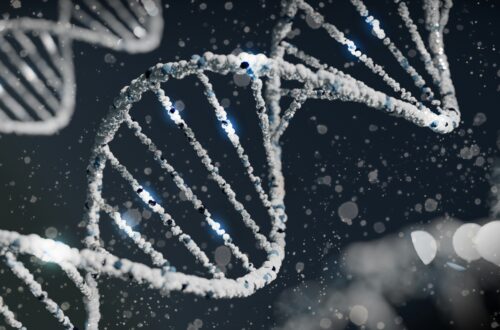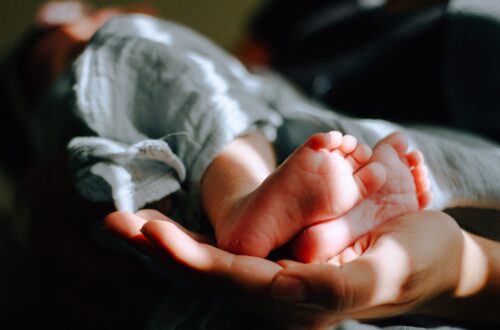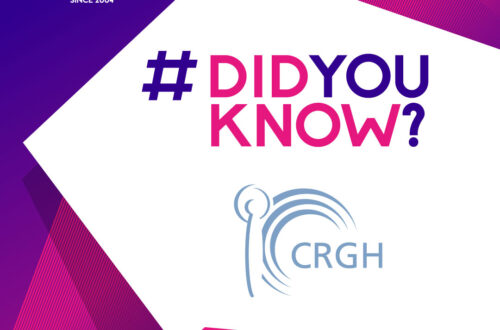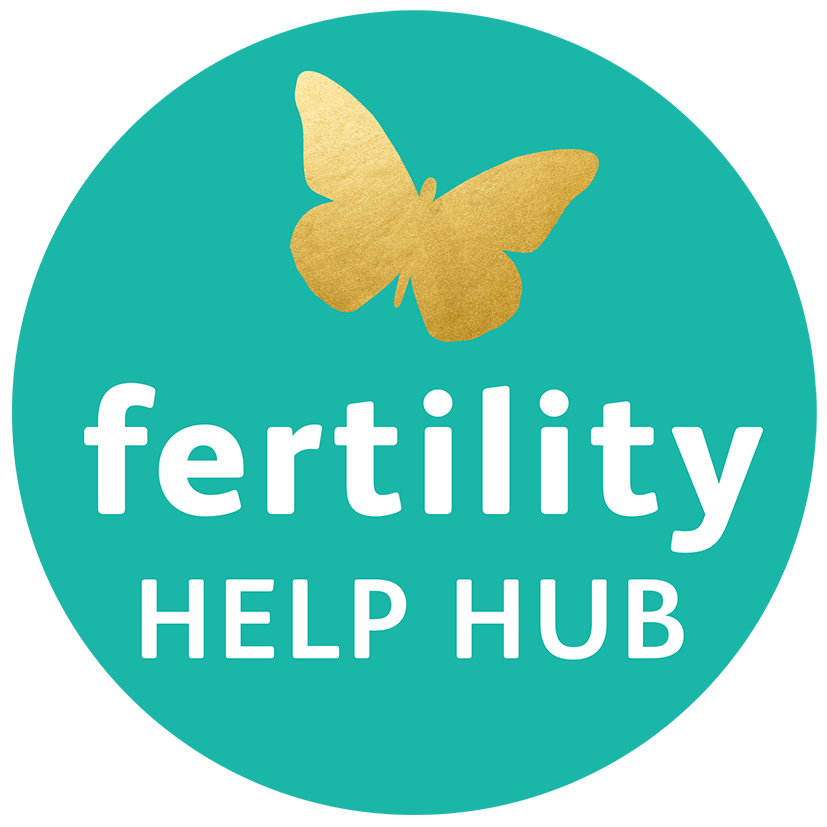
Guest Blog – Meet Fertility Help Hub!

Hello, I’m Eloise and I founded Fertility Help Hub last year, after our own personal fertility struggle.
In 2015 after what my husband and I thought would be a tick-box fertility MOT exercise (having only been trying for a baby for six months), we were given the heart-breaking news that he has Azoospermia (lack of sperm). What do you do when you hear that? Our world and dreams came crashing down in the blink of an eye and we consumed a large number of glasses of wine that night, that’s for sure.
Pulling ourselves out from under a rock, further investigations revealed that my husband has a genetic condition known as Klinefelter Syndrome, which affects a staggering 1 in 600 men approximately, meaning their genetic make-up consists of an extra X chromosome. This usually has negative effects on testosterone levels and therefore baby making potential.
Here we found ourselves with two options: either use of donor sperm or for my husband to go under the knife and see whether a surgeon could extract viable sperm, via an invasive and painful surgery known as ‘MICRO-Tese’. Having done plenty of research, we decided to go down the operation route and found a surgeon in New York who has been instrumental in pioneering the surgery. With his success rates so high and not much cost difference between America and the UK in this instance, we decided to go for it and had donor sperm lined up waiting for us, in case his operation didn’t work. Investing everything (both financially and emotionally) into this trip, we stepped onto a plane.
Having only been in NYC for under 24 hours, I received a call from our sperm bank who confirmed the donor whose vials of sperm we had shipped to our clinic had just had a baby with someone else with huge medical issues and my specialist immediately advised us to pick again. Back to square one but we picked again, we could have done without that extra worry and unwanted pressure.
Fast forward a couple of weeks and my husband’s operation, which took five hours, sadly was not successful. We only knew for sure the morning of my egg retrieval the next day. 12/12 of my eggs were fertilised with our new donor sperm. Not knowing a huge amount around IVF statistics and the hoops you have to jump through, I naively assumed this would guarantee a baby. How disappointed we were to be proved wrong on this: despite two embryos being transferred on Day 3, the first round didn’t work. Two embryos for the freezer but all optimism vanished.
Further immunology testing in the UK revealed I suffer from high natural killer cells and two types of blood clotting issues, so I underwent immunology treatment in conjunction with our second attempt, using our two frozen embryos back in New York three months later.
I was totally convinced it wasn’t going to work. We transferred both frozen embryos. Once again back in the UK, the two-week wait was a dark time. I looked after my mental well-being this time, trying to coat myself in body armour in case of another failed attempt. But, to our absolute delight and amazement, I was pregnant! At last, in February 2017, our first daughter was born. She is about to turn three and completely rocks our world.
When she was almost a year old, we decided to try and make more embryos, as we had none left for a sibling, but we did have more vials of our donor’s sperm left for this purpose.
January 2018 and the IVF stimulation started all over again, back in snowy New York as it had been impossible to attain donor consent to ship the sperm over here to the UK. This time fewer eggs – I was concerned but kept reminding myself it’s quality, not quantity that’s important. Transfer day came and miraculously three out of eight fertilised embryos were looking great by blastocyst stage, Day 5. Our specialist had called and advised we transfer two embryos because one was doing better than the other. We agreed to take her advice (deep down I was really hoping for twins). The next ten days waiting to test were a complete blur: I woke up one morning at 4am and ran into the bathroom and grabbed the emergency pregnancy test. My heart was pounding, especially as my husband had told me he didn’t want to know if I tested early because of the first home pregnancy test drama.
BANG: Two VERY strong lines appeared immediately! Blood tests then confirmed I was pregnant. So, after nine long and extremely hot months during the peak of 2018’s UK summer heatwave, our twins were born healthy at 37.5 Weeks. I still pinch myself as if this isn’t real.
Whilst we couldn’t be more grateful for being granted success, the pain of a fertility struggle lives on and I think always will do. I still feel my hackles rise when I hear people chatter about how quickly they conceived or complain about their unwanted pregnancy symptoms. Friends and friends of friends were coming to me for advice and support, knowing about our struggle, as I had been very open about it. We were proud of what we went through together, it made us stronger.
So, when our twins were six months old, having experienced this difficult road to motherhood first-hand and frustrated by seeing people feel overwhelmed, lonely and desperate for answers, I decided it was time to readdress (in)fertility in a fresh, engaging way and to help remove some of the stigma around it. We’re embarking on a new decade, it’s time to get people talking.
I have therefore recently founded Fertility Help Hub (an oasis of knowledge and resources) – consisting of a user-friendly, informative, interactive and inspirational lifestyle website, an e-newsletter magazine and social community, offering fertility tips and advice from experts around the world, support and key resources, all in one place, for people trying to conceive, at every step of their journey. All the things I wish we’d had accessible at the time. I want to help break this stigma, so people don’t have to suffer in silence and spend hours on Google feeling isolated.
I am working with global clinics, fertility coaches and partners in holistic well-being, to give people more options and to help further inform those about to embark on treatment or needing support at whatever stage they’re at. We need to feel part of a community and know we are not alone.
Our podcast and interactive new initiatives are set to launch imminently.
Don’t miss it, you can check it out here:
Feel free to follow us on Facebook and Instagram too.
Eloise x
